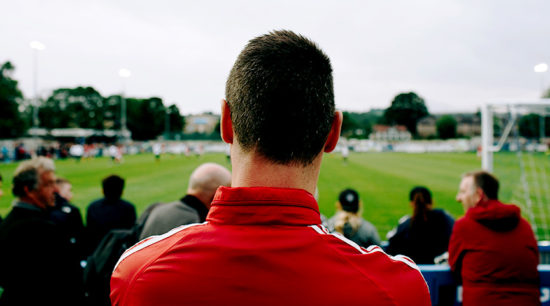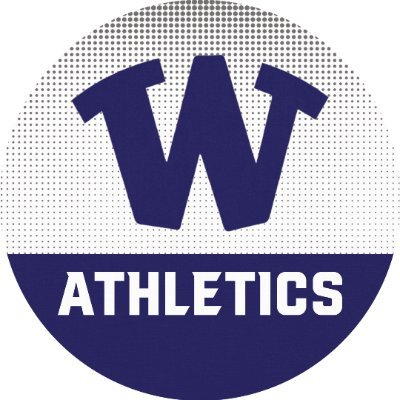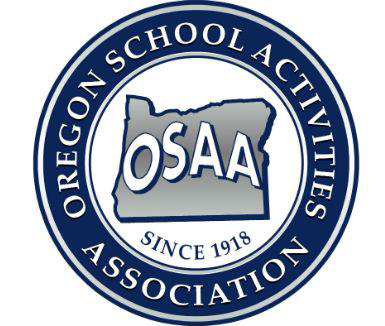A.D.ministration: Getting more from professional experiences
With the NIAAA Leadership Training Courses, state and national conferences, professional magazines, online sites and books, there are more professional-development resources today for athletic administrators than at any time. For every athletic director serious about improving and learning more, there are great opportunities.
 But don’t forget that experience can be an excellent teacher. Now, you may be asking yourself, “Just how can I get experience?” While you can and will gain experience from every situation that occurs throughout the day, there are a few other ways to increase your learning curve.
But don’t forget that experience can be an excellent teacher. Now, you may be asking yourself, “Just how can I get experience?” While you can and will gain experience from every situation that occurs throughout the day, there are a few other ways to increase your learning curve.
1. Use the power of observation.
Do you ever take note of how your supervisors deal with situations, problems and their leadership style? Observing is an excellent way to benefit from experience.
As a young coach, I made some mistakes. Our excellent, nurturing athletic director would approach me the following day and calmly state, “Now, Dave, we need to talk.” Instead of yelling and reading me the riot act, he would first ask what happened and seeing this as a teachable moment, would gently guide me to a better way of handling a situation. And he had infinite patience, because I would occasionally repeat the mistake and another conference resulted.
You couldn’t help but notice the caring, compassionate and patient approach that our athletic director took. He believed in our ability and wanted us to improve and, ultimately, succeed. I made several mental notes and decided that if I ever became an athletic director, I would use this same approach and model his leadership style.
2. Ask successful, experienced athletic directors specific questions.
“How do you …?” Most of those who are involved in athletic management will gladly answer your questions, mentor, and guide your efforts to learn more and improve.
As technology continues to develop, legislation changes and expectations increase, there is always something to learn as an athletic administrator. In your league, region or area, someone may be recognized as the leading expert with technology or any other aspect — this is the person to ask for help. If he or she doesn’t have available time at that point, you can ask where to go to get your question answered or more information.
3. Try shadowing a successful athletic director.
If you’re looking for ideas to organize your day better, or perhaps you need help with refurbishing facilities, call, make an appointment and follow an established colleague around for a day. If needed, use a professional or personal business day to make your visit.
To get the most out of the visit, give the host athletic director two to three topics ahead of time for which you really want answered. With lead time, the host athletic director can more efficiently and effectively plan and pull documents together to provide help. In addition, the athletic director might put together a specific tour of his or her facilities so that you can see a first-hand example to get a specific question answered.
This advanced notice also allows your newfound mentor a chance to plan the day, because this athletic director still has tasks and responsibilities, which need to be handled.
4. Borrow successful principles and approaches.
If it works elsewhere, why can’t it also be successful in your athletic program?
An athletic department/school is an organization. Leadership approaches used in the business, corporate, non-profit or religious sectors often are successfully adapted for use in the educational realm.
For example, the maxim of treating others the way that you would like to be treated, should work well regardless of your setting even though it won’t be found in many athletic management courses.
Ideas for time management, communication and organizational skills can be transferred and incorporated from numerous established sources.
5. Learn from mistakes and make them part of your overall experience.
No one is perfect and mistakes do occur, and this doesn’t just mean small, more minor things such as misspelling or faulty math. Problems with protocols or interaction with coaches, colleagues or parents can occur, and should be preventable in the future.
After correcting a mistake, it’s wise to take time to analyze why the error occurred and look at ways to eliminate the possibility of its reoccurring in the future. Planning and proactive efforts are an athletic administrators best tools to use while moving ahead as experience is gained.
6. Use your experience as a former coach.
By carefully reviewing your career and its development, you are in a great position to anticipate what your current staff needs in terms of support, encouragement and guidance.
There may be nothing more important for an athletic director than serving as a mentor for the coaches. By using your experience, you can be prepared, proactive and much more effective dealing with your staff.
While you can’t create or manufacture experience, you can take advantage of different approaches and the background and knowledge of others. Enhance your experiences by learning from others and accelerate your own career by leaning on the valuable information of successful colleagues.
David Hoch, CMAA, has 16 years of experience as a high school athletic director and served for 12 years as the executive director of the Maryland State Coaches Association. In 2000, he was named Athletic Director of the Year by the Maryland State Athletic Directors Association. His column, A.D.ministration, focuses on issues in athletic administration and appears regularly in Coach & Athletic Director magazine.





